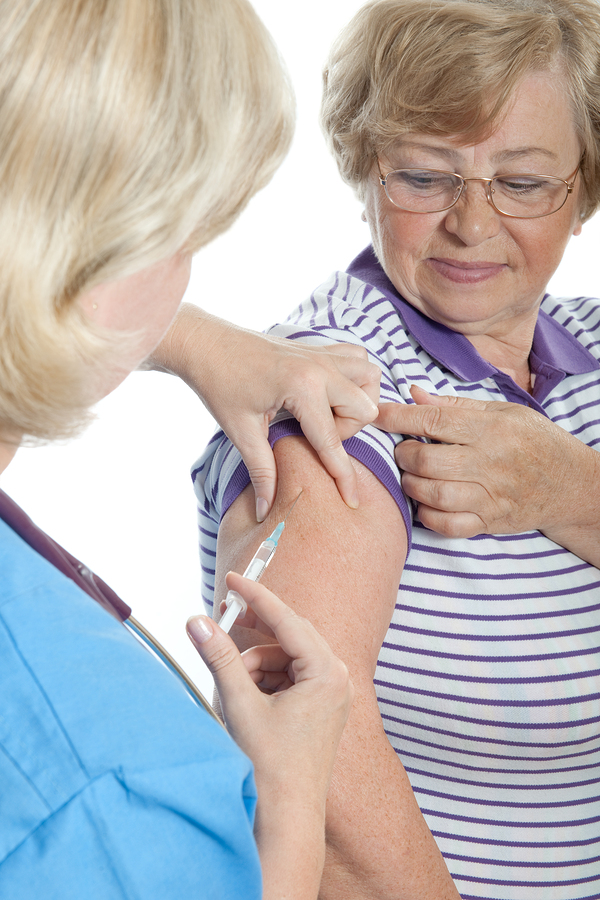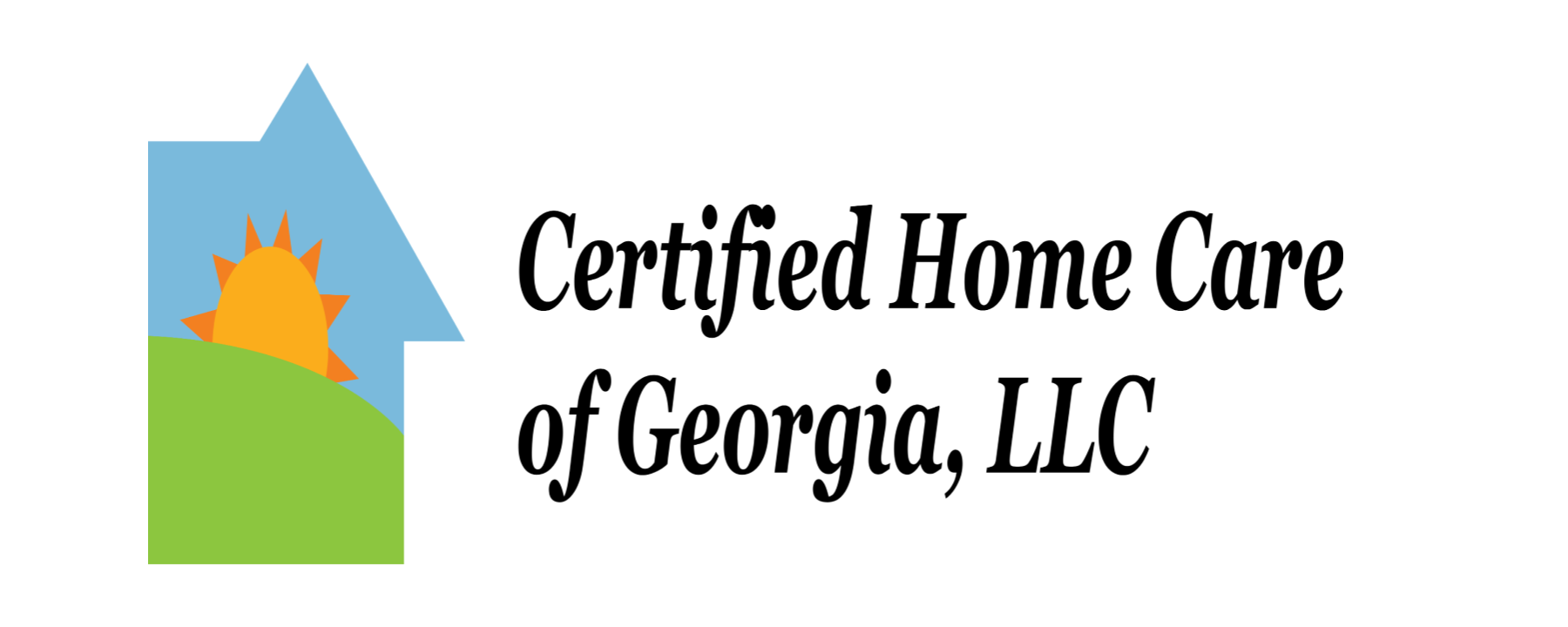
Caring for an Elderly Loved One? Here’s How to Avoid Influenza
When most people get influenza, they are terribly sick for several days but typically make a full recovery. Elderly adults, however, have a high risk of developing serious health issues when they get the flu, and severe respiratory illness often requires a trip to the hospital. Thousands of elderly adults die each year from flu-related complications, making it vital for family caregivers to do what they can to help their loved ones avoid the influenza virus during flu season.
There’s a lot that you, other family members and home care providers can do to help an aging adult avoid getting sick and minimizing their exposure to influenza:
-Increase Overall Health with Good Nutrition and Exercise
Aging adults need the help of family caregivers and home care providers to stay healthy and strong enough to resist the influenza germs from taking hold in the body. Meals must be full of nutrients and seniors should steer clear of empty calories, extra fats and high sugar snacks. When seniors drink plenty of fluids, get a good night’s sleep and eat right, their immune system gets stronger and better able to resist disease and germs.
-Reduce Exposure by Controlling the Environment
Another thing that family caregivers and home care providers can do to prevent influenza is to make sure the home environment is clean and sanitized. Viruses lurk on surfaces throughout the home, from countertops and doorknobs to light switches and remote controls. Using a mild germ-killing solution, home care providers can wipe down common areas and items to kill germs and keep the aging adult safe from the flu.
-Learn the Importance of Washing Hands
When people wash their hands frequently and properly, they significantly reduce the risk of spreading the flu to others. When people use warm water, plenty of soap and scrub their hands for at least 20 seconds, the influenza virus cannot survive. While family caregivers, seniors and home care providers should be washing their hands regularly no matter what time of year, it’s especially vital during flu season.
-Everybody Needs to Get Vaccinations
Doctors recommend that everyone get a standard flu vaccination, but seniors can especially benefit from a higher dose of the vaccine because their immune systems are simply not as strong. The high dose flu shot is given in conjunction with flu shots that contain adjuvant, an ingredient that boosts an elderly person’s immune system. The combination has proven to reduce the risk of seniors developing influenza and even if they do, the severity of the illness is greatly reduced.
While family caregivers can work extra hard to prevent their elderly loved one from getting the flu, it’s still possible for the senior to fall sick anyhow. If an elderly relative experiences headaches, chills, fever, respiratory distress, muscle ache, and fatigue, it’s important to get them to a doctor soon so they can get treatment and avoid a more serious development of the illness.
